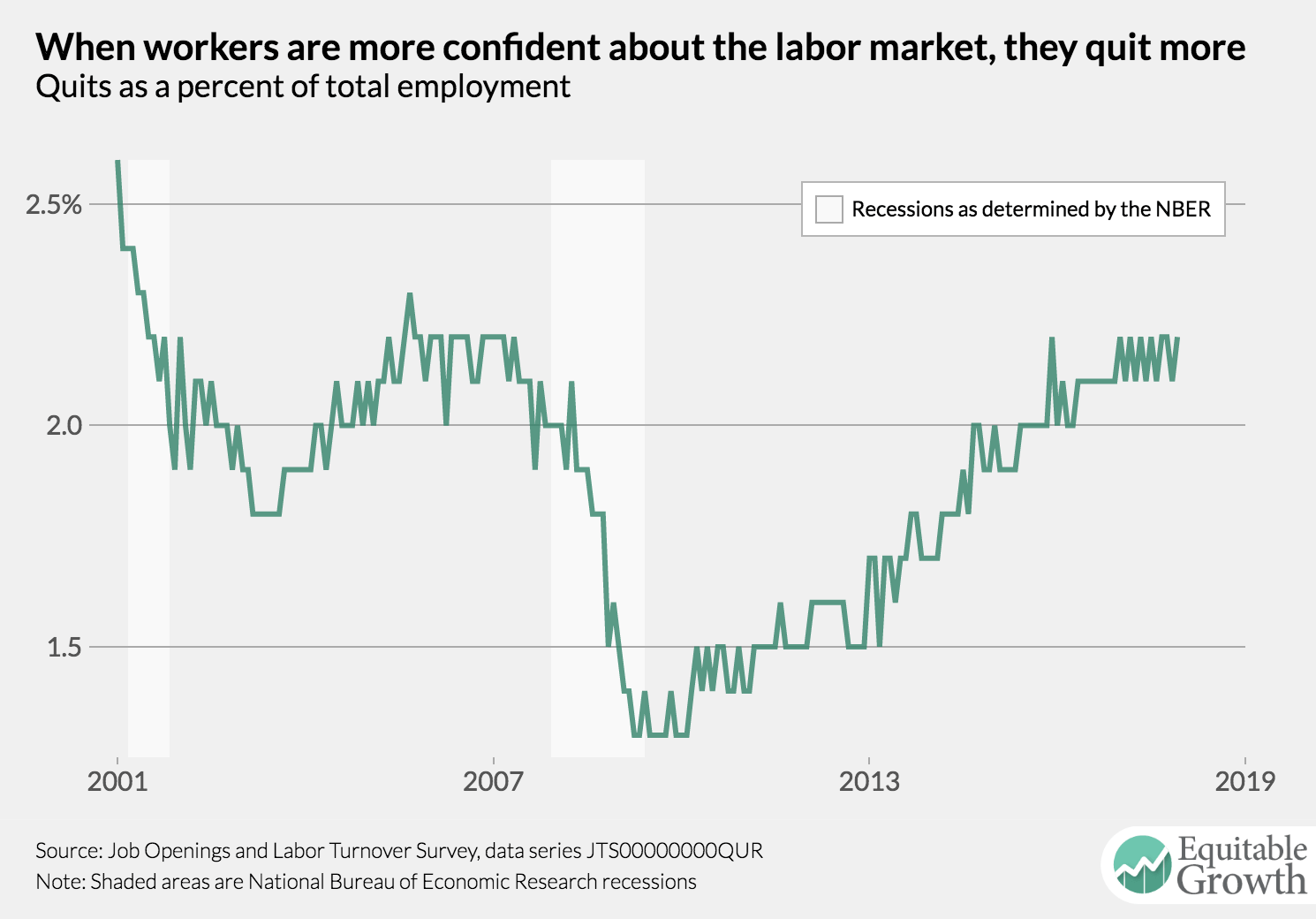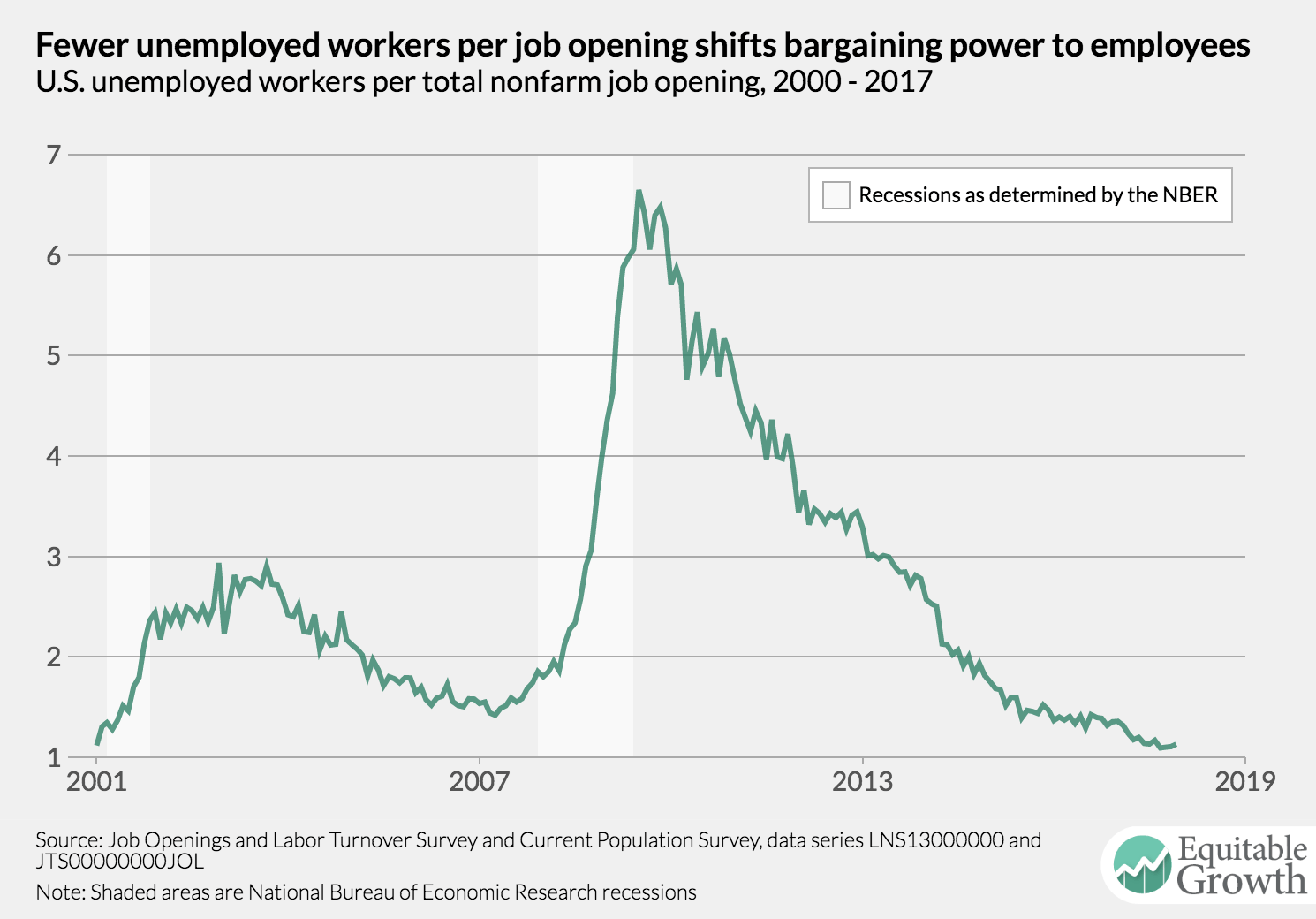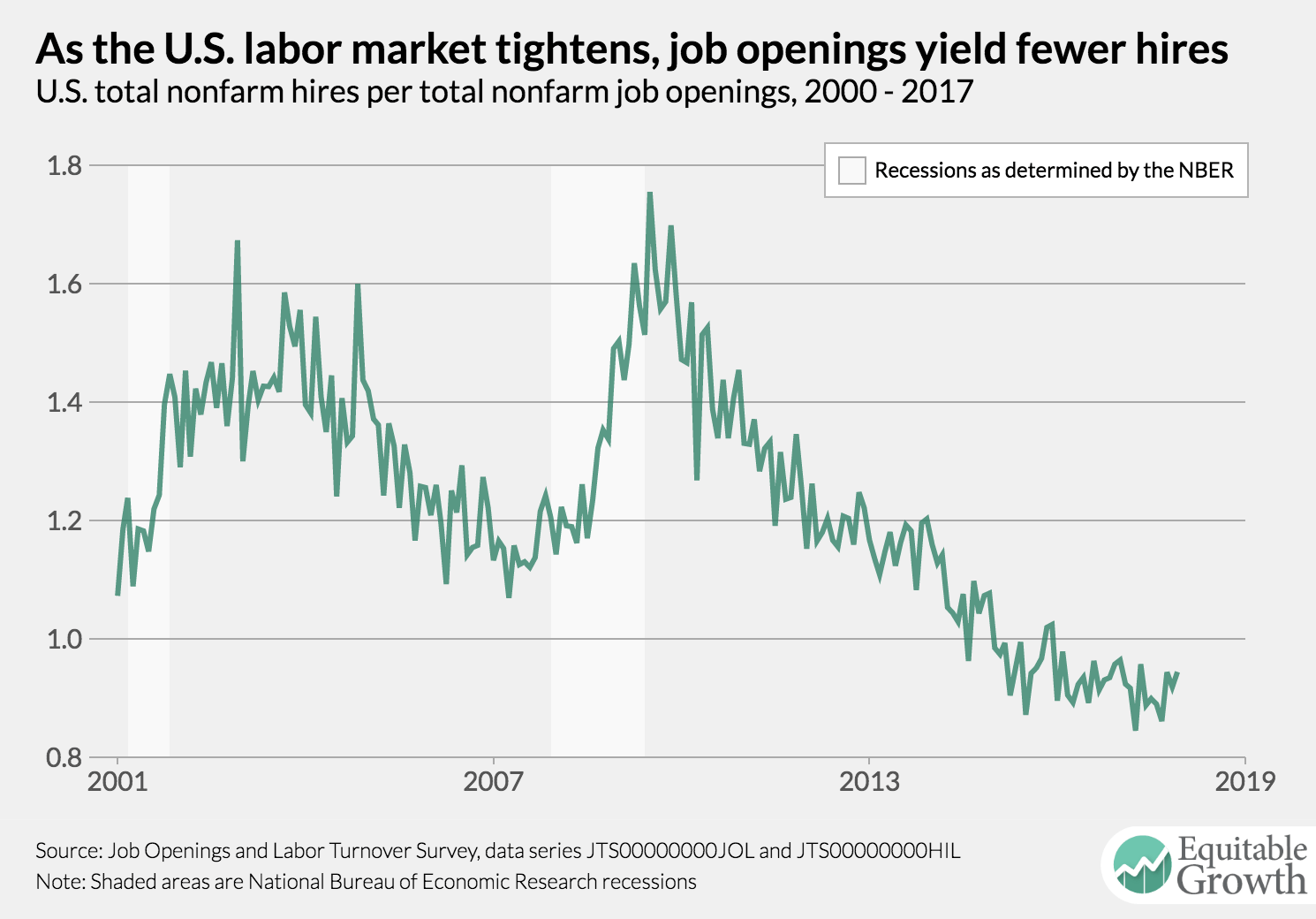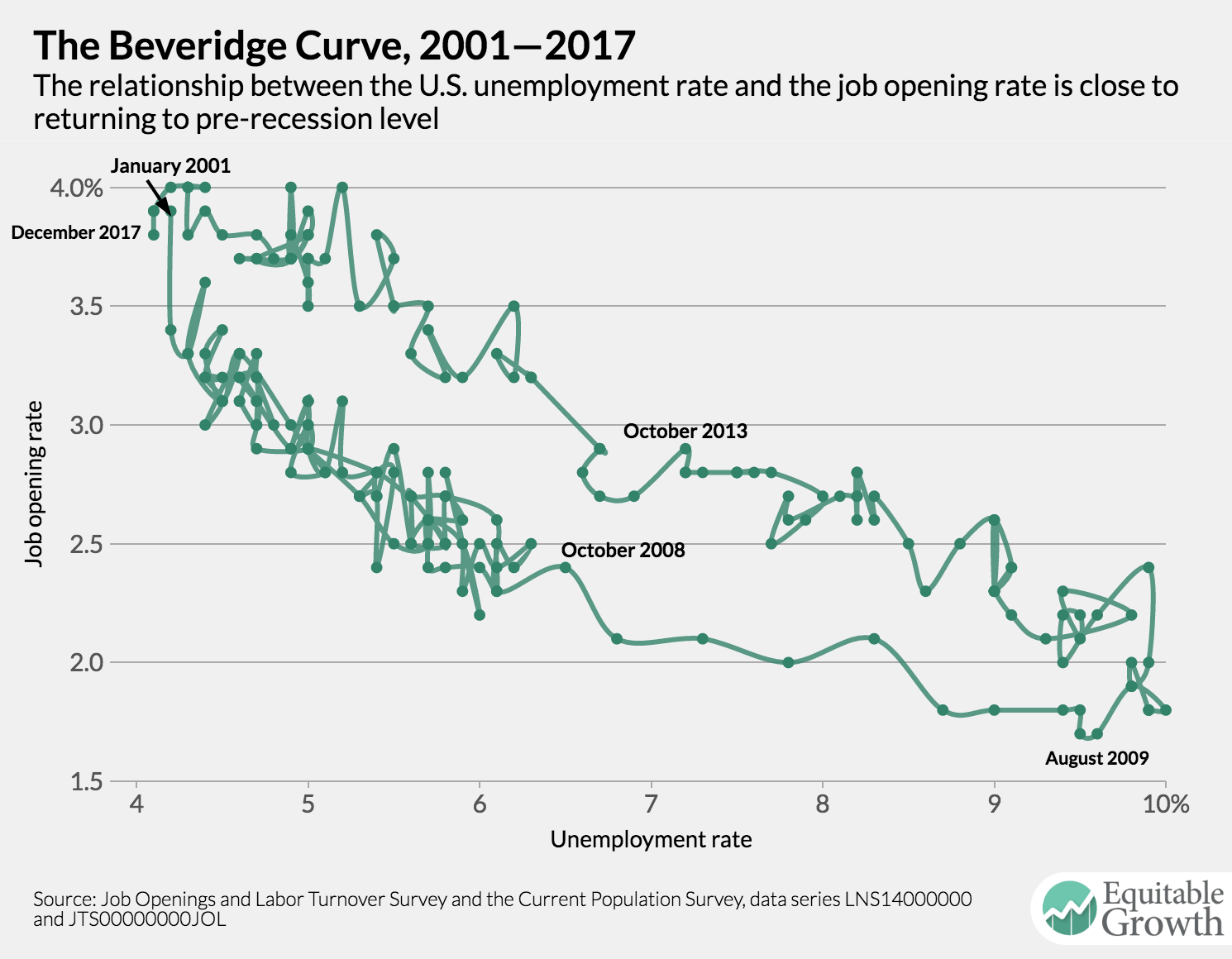
If I handed you a check for $2,000 and told you a similar check would come your way every year with no strings attached, how would this change your life? More specifically, would it change your decisions about how much to work? For Alaska residents, this is more than just a fun thought experiment. It’s been a real-life consideration since 1982, when the state created the Alaska Permanent Fund. The response in the Alaskan labor market has important implications for how researchers and policymakers should think about how giving unconditional cash to workers affects employment.
The most common transfer programs in the United States are conditional. For example, the Earned Income Tax Credit is conditional because recipients must have a job. Only unemployed workers who are actively looking for a job qualify for unemployment insurance. But the idea of providing unconditional transfers has gained traction in recent years. The calls by some activists and researchers for a universal basic income are the most prominent example.
How would such a program affect the labor market? Handing people money might make them less likely to work as they don’t need as much labor income as they did before to maintain the same overall income. It’s hard to know because researchers don’t have many full-scale universal basic income programs to evaluate. Researchers have looked at the impact of targeted transfer programs on individuals’ employment decisions, but it’s not clear those results would be relevant for understanding the impact of a fully universal program on the entire labor market.
That’s where a new paper looking at the experience of Alaska and its Permanent Fund, a government-created program funded by taxes on oil wealth, comes in. In a new working paper, economists Damon Jones of the University of Chicago and Ioana Elena Marinescu of the University of Pennsylvania look at how the implementation of the fund and its annual dividend to residents of Alaska affected the labor market. The program is universal (all residents of Alaska who have lived there for at least 12 months are eligible) and unconditional (there are no strings attached to the cash). The value of the dividend varies but has been about $2,000 a year recently.
Jones and Marinescu look at the impact of the dividend on labor market outcomes using a technique called synthetic controls. The authors need to find a labor market similar to Alaska’s, but without the annual payment, to evaluate the impact of the program. But to whom can they compare Alaska? The answer in this case is to build a “synthetic” Alaska. The two economists find a weighed combination of other state labor markets that, taken together, look like Alaska did before it started the dividends in 1982, by matching up specific characteristics of Alaska to other states. For example, the employment rate for Alaska before the program was roughly equivalent to a combination of Utah (which comprises about 42 percent of synthetic Alaska), Wyoming (about 34 percent), Washington state (about 9 percent), and others. Jones and Marinescu can then compare what happened in Alaska after the dividends to what happened in synthetic Alaska, where the dividends weren’t implemented.
In short, the results show that the dividend had no significant impact on the labor market. The employment rate in Alaska is not significantly different from the rate in synthetic Alaska, so the employment rate likely wouldn’t have been higher without the dividends. The dividends do appear to have an effect on part-time work, as Jones and Marinescu found that the share of workers in part-time work increased by 1.8 percentage points in Alaska, a 17 percent increase, compared to synthetic Alaska. Interestingly, the effect on part-time work is driven almost entirely by women increasing part-time work; men are relatively unaffected. Overall, the results seem to show a change in work on the “intensive” margin (how many hours worked) but no change on the “extensive” margin (whether to work or not).
Jones and Marinescu note that most microeconomic studies of cash transfer programs find a negative impact on employment. What could explain the lack of an impact on aggregate employment for this unconditional transfer? They suggest that the increased consumption from the dividends could have counteracted the negative employment effect for individual workers. In other words, the additional consumption fueled by the dividend increased demand for workers, counteracting the negative employment effect.
Alaska is an outlier among the states and not just because of the Permanent Fund, so the applicability of this study to the broader United States is up for debate. But the Alaskan experience is what we have for now until other policy experiments move forward. The information gleaned by this new paper is an important step in the process of evaluating how we think about cash transfers.






